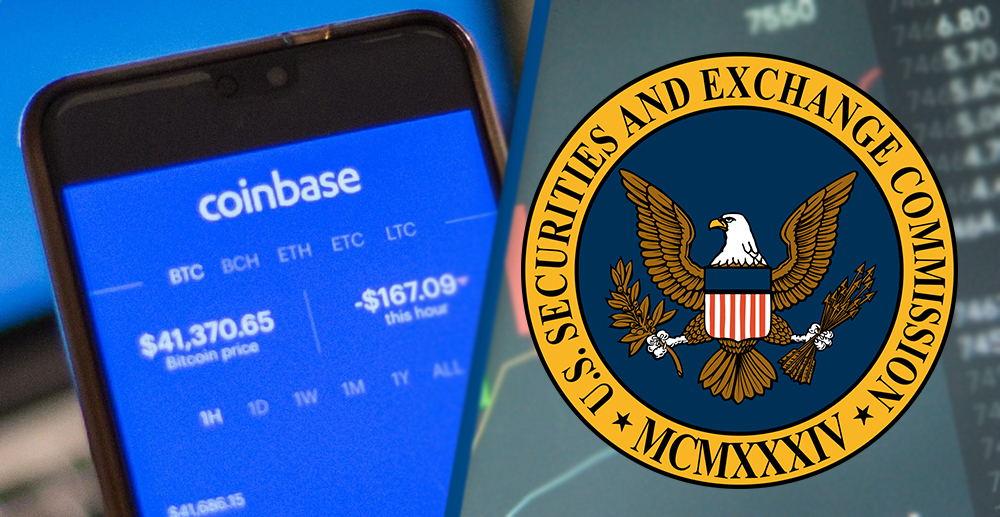On Tuesday, the U.S. Securities and Exchange Commission (SEC) updated its stance on Coinbase’s (COIN) petition for rulemaking and enforcement action against the cryptocurrency trading platform. The SEC clarified that it has not yet decided to address the petition. The regulator also mentioned that its enforcement action against Coinbase, which was filed last Tuesday, does not contradict any potential decision on rulemaking.
In response to a court order, the SEC shared its current approach in evaluating the rulemaking petition in light of the enforcement action against Coinbase. The lawsuit filed by the regulator accuses Coinbase of operating an unregistered securities exchange, broker, and clearing agency.
Despite Coinbase’s argument that the SEC has already rejected the petition, the regulatory agency stated on Tuesday that no decision had been made in either direction. However, the SEC’s staff expects to provide a recommendation within 120 days.
Until the U.S. Securities and Exchange Commission (SEC) proposes new rules, Coinbase must comply with the existing laws. The SEC made this statement while discussing its ongoing enforcement action.
The SEC filing stated, “Irrespective of whether the Commission chooses to pursue the rulemaking requested by Coinbase, a decision still pending, Coinbase – like all other entities – is obligated to follow the current legal framework.” The filing also highlighted that Coinbase is within its rights to vigorously assert its position that it has not violated any laws in the ongoing enforcement action.
In response to the SEC’s stance, Coinbase’s Chief Legal Officer, Paul Grewal, tweeted his disagreement. He claimed that the SEC disregarded the Chair’s explicit statements indicating no intentions to issue new rules. Grewal argued that the SEC was wrongly interpreting those statements as a decision. At the same time, the SEC countered that the Chair’s statements could not be considered a formal denial of Coinbase’s rulemaking petition.
4) they ignore the clear statements of the Chair that confirm they have no intent to issue new rules, and instead conflate the evidence of a decision those statements provide with an argument that the statements are themselves a decision. 3/5
— paulgrewal.eth (@iampaulgrewal) June 13, 2023
The regulator further argued that any decision made by the SEC would require a majority vote from a quorum.












